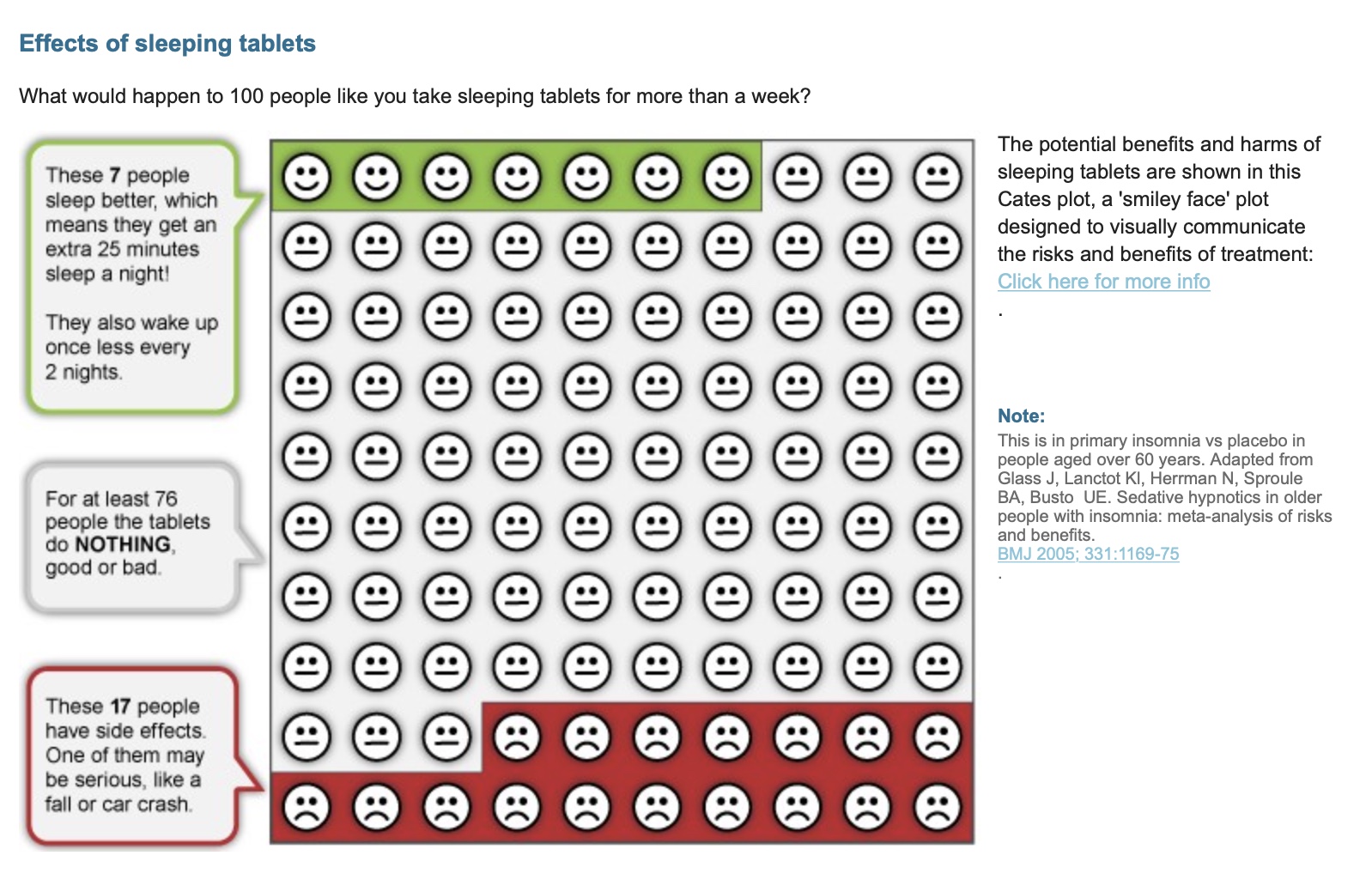Sleep Problems
Icope And Sleep Problems
Icope has a useful website for sleep and has local services and groups for Goodinge Patients
If you feel that you are experiencing problems with your sleep, iCope can offer you a range of effective evidence-based Cognitive Behavioural Therapy treatments including:
- Sleep group – where you can learn strategies for overcoming sleep difficulties
- Guided self-help – where a psychological wellbeing practitioner will guide you through a self-help book on insomnia
- Sleepio – an online CBT programme
- Individual CBT therapy sessions
Cognitive Behavioural Therapy may include working through educational material so you can understanding insomnia and sleep problems, make adjustments to ‘sleep hygiene’ and use diaries to monitor sleep and record improvements so you can see evidence of the change happening for yourself.
Insomnia Severity Index
Please download and complete the Insomnia Severity Index.
Two Week Sleep Diary
Download and complete a Two Week Sleep Diary.
Insomnia Cates Plot

The Sleep Council
There are all sorts of ways in which older people can help themselves to a better night’s sleep – all of them are really based on good old-fashioned common sense such as taking a look at the bedroom environment. Mostly it’s just a case of adjusting daily routines as sleeping patterns change – and trying to limit the cat naps!
Candi
Many people have trouble with sleep. It can be disturbed by distressing thoughts, bad dreams or concerns.
If you’re stuggling to sleep you might find it very hard to fall asleep at night or find yourself awake extremely early in the morning. Even then, if you manage to sleep you may wake up feeling tired.
Website: www.candi.nhs.uk/wellbeing/sleep
Healthy Sleep Practices for Children
- Have a set bedtime and bedtime routine for your child.
- Bedtime and wake-up time should be approximately the same time on school nights and non-school nights. There should not be more than about an hour difference from 1 day to another.
- Make the hour before bed shared quiet time. Avoid high-energy activities, such as rough play, and stimulating activities, such as watching television or playing computer games, just before bed.
- Don’t send your child to bed hungry. A light snack (such as milk and cookies) before bed is a good idea. Heavy meals within an hour or 2 of bedtime, however, may interfere with sleep.
- Avoid products containing caffeine. These include caffeinated sodas, coffee, tea, and chocolate.
- Make sure your child spends time outside every day whenever possible and is involved in regular exercise.
- Keep your child’s bedroom quiet and dark. A low-level night light is acceptable for children who find completely dark rooms frightening.
- Keep your child’s bedroom at a comfortable temperature during the night (approximately 65°F).
- Don’t use your child’s bedroom for time-out or punishment.
- Avoid use of electronic media devices (televisions, laptop computers, smartphones) for at least 1 hour before bedtime, and keep these devices out of the bedroom. Children can easily develop the bad habit of using social media after bedtime or “needing” the television to fall asleep. It’s much more difficult to control your child’s electronic media if the devices are in the bedroom.
 Goodinge Group Practice
Goodinge Group Practice